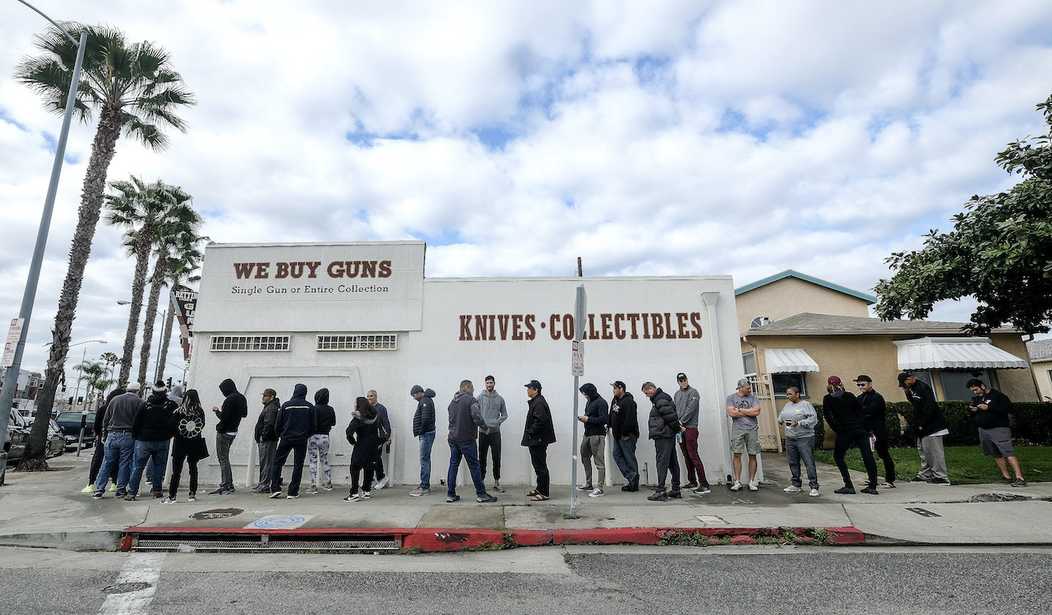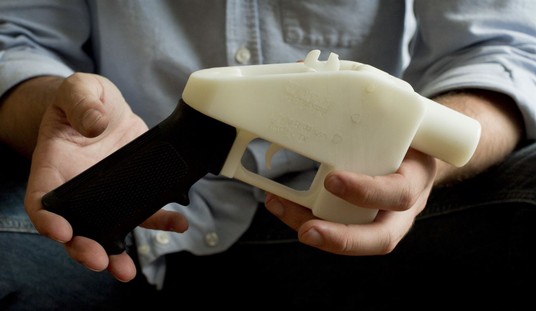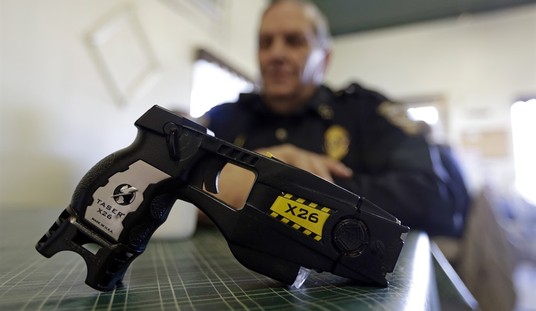A new study from the University of California-Davis Firearm Violence Research Center is shedding some light on how the dual effects of the pandemic and widespread civil unrest this year are impacting Californians’ views on their right to keep and bear arms. This isn’t the work of pro-Second Amendment researchers, by the way. Garen Wintemute, the study’s primary author, is a longtime gun control activist and advocate, but even he’s been forced to confront reality: there’s been a tsunami of new gun owners all across the state of California this year.
Nearly one in four respondents reported that they or someone else in their household owned firearms; 15.2% of respondents reported that they were a firearm owner. Among owners, 2.4% reported that they had acquired a firearm in response to the pandemic, while 8.5% of owners, including all of those who had acquired a firearm, said that they had purchased ammunition in response to the pandemic. Among those who had acquired a firearm in response to the pandemic, 43.0% reported that they did not already own a firearm. Extrapolating to the population of adults in California, we estimate approximately 110,000 Californians acquired firearms in response to the pandemic, including 47,000 new owners.
Those numbers actually seem a low to me, though we did see gun stores in Los Angeles, San Diego, and the Bay area closed for at least a number of weeks back in the spring, which may have artificially suppressed some gun sales. Still though, the National Shooting Sports Foundation reports that through September there’ve been an estimated 907,713 background checks for firearms in California (compare that to 808,788 background checks for all of 2018).
Nationwide, NSSF estimates (based on dealer surveys) that 40% of customers this year are new gun owners. If that were true in California, we’d be looking at something more like 360,000 new gun owners instead of 47,000.
Of course the poll doesn’t ask specifically about gun purchases in response to riots and unrest that were sparked by the death of George Floyd back in May, keeping the query solely to pandemic-related gun purchases. That might artificially deflate the researchers’ estimates of new gun owners in California, given that those gun purchases would have come several months after the pandemic lockdowns took effect.
There’s also anecdotal evidence pointing to a larger figure than what was estimated by the UC-Davis researchers. Gun store owners say they’re being inundated with customers, the majority of whom have never owned a gun before.
The CEO of Redstone Firearms, Jonathan Solomon says he’s seen a 4,000% increase in sales since March.
“We were generally seeing about 100, maybe 150 people a month, prior to Covid,” he said. “Now we’re seeing that a day.”
Solomon says he gets daily shipments of 70 to 80 Glocks at a time and they’re gone by the end of the day.
U.C. Davis’ first-of-its-kind survey represents California’s adult population.
Researchers say their findings add support to a growing body of research that suggests coronavirus has exacerbated the public’s fear of violence.
Specifically, Californians are more concerned about robberies, assault, homicide and police violence in the last several months.
They’re fears Solomon said are reflected by his own customers.
“In addition to all the civil unrest, quite frankly if you’re not armed you’re now in the minority,” he said.
Spectrum News1 spoke with one new gun owner who’s story probably sounds awfully familiar to you by now.
Tracey Waters, a single woman living in Los Angeles, feels the tension of the times she’s living in and just wants to feel safe.
“I feel like there’s a lot of hate, I feel like there’s a lot of racial tension, I feel like society, economically is really down and I feel like the pandemic has people not trusting the economy, not trusting tomorrow, what’s gonna happen,” she explained.
That’s why she’s visiting Redstone Firearms in Burbank, to buy her first firearm, a 9mm handgun.
Waters hopes she never has to use it, but says she has to protect herself from a society that’s clearly struggling through 2020. A survivor of a bad relationship, she is no stranger to the impacts hard times can have on the human mind.
“Relationships, especially when it’s a time like now, where it’s stressful and you have someone who’s abusive, this is the time where people just lose it,” she explained.
When you overcome that kind of hardship, Waters says you don’t sweat the small stuff.
“To just have to worry about wearing a mask, I’m OK with that,” she said. “I’ll find toilet paper and I’ll find paper towels, but I want to live.”
Waters’ explanation for buying a gun can be boiled down to “I don’t feel safe and I’m worried that things will get worse in the future.” I don’t know about you, but I’ve heard variations on that theme from several first-time gun buyers this year, and I expect that it’s a familiar refrain to gun store owners and employees as well.
With this many new gun owners now being exposed to California’s draconian gun control laws, perhaps it will start to have some impact on at least a few anti-gun lawmakers who are more interested in keeping their job than in banning their constituents’ guns. More likely is that at least a portion of these new gun owners will join and support pro-Second Amendment organizations at both the state and national level, which will help in litigation efforts to challenge some of the state’s draconian and ridiculous restrictions on law-abiding citizens.
I can’t imagine, for example, that too many new gun owners are going to be thrilled to learn that it’s illegal for them to shop for ammunition online, and they’ll have to hunt for ammo by going to gun stores in person instead of being able to look for available calibers over the Internet. They might be shocked to learn how hard it is for them to get a concealed carry license in Los Angeles, though their cousin in Bakersfield had no issue at all. Hopefully they’ll be frustrated with the fact that the state treats their right to keep and bear arms as a second class right, and they’ll get involved in the fight to protect and strengthen their rights through political action.









